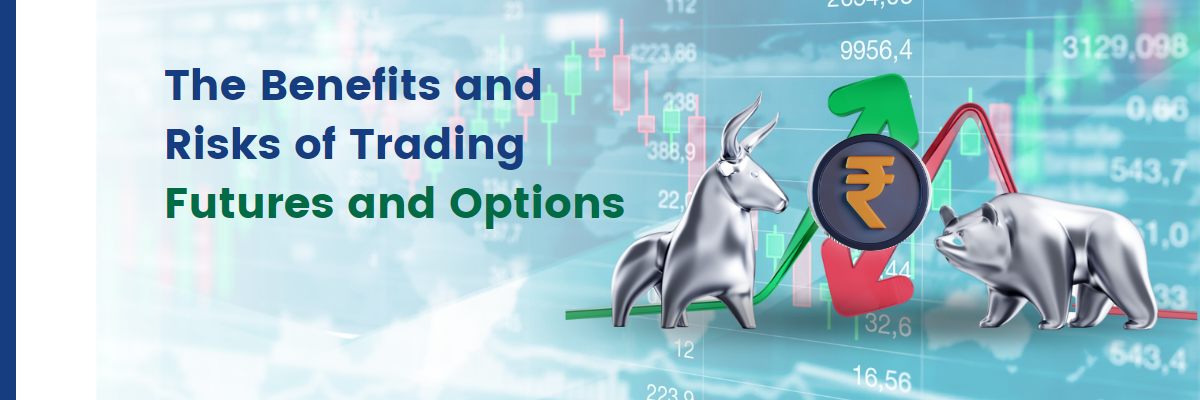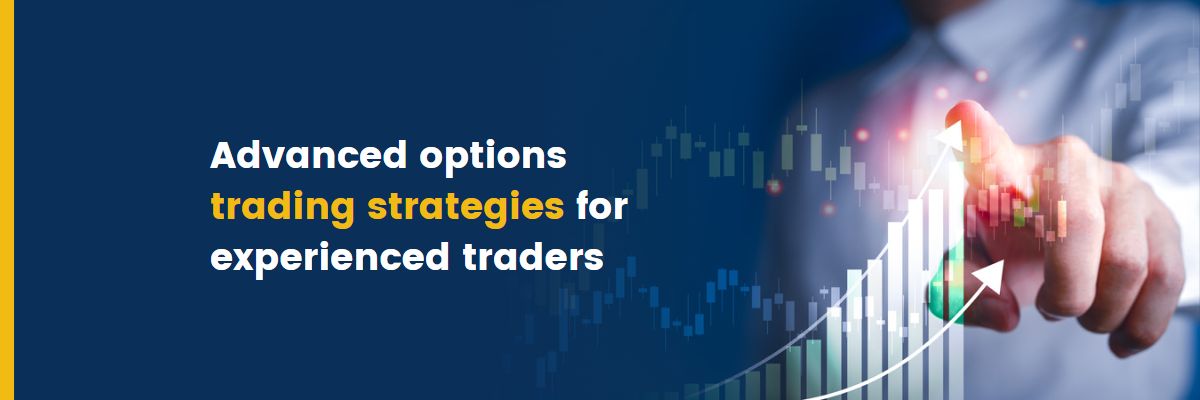Futures and options are financial instruments that are traded in the financial markets. Both of these instruments provide traders with a way to speculate on the price movements of underlying assets, such as commodities, stocks, and currencies. However, there are differences between futures and options trading.
So, what are futures and options? Futures contracts are agreements to buy or sell an underlying asset at a certain price and time in the future. The price and time are set in advance. The price of the futures contract is based on the expected future price of the underlying asset. Options contracts, on the other hand, give the buyer the right but not the obligation to buy or sell an underlying asset at a predetermined price and time in the future.
The primary difference between futures and options is that futures contracts are obligations to buy or sell the underlying asset, while options contracts give the buyer the right to buy or sell the underlying asset. Another significant difference is that futures contracts have standardized terms and are traded on organized exchanges, while options contracts have more flexible terms and are traded both on exchanges and over the counter.
So, how can one trade in futures and options? Futures and options trading involves speculating on the future price movements of an underlying asset. Traders can buy or sell futures and options contracts depending on their market outlook. If they expect the price of the underlying asset to rise, they can buy futures or call options. If they expect the price of the underlying asset to fall, they can sell futures or buy put options.
It is important to learn the basics of futures and options trading for beginners and how to trade in futures and options before getting started. This includes understanding how futures and options contracts work, the risks and benefits of future and options trading, and how to manage positions effectively. Additionally, traders should have a sound trading strategy in place and be disciplined in their approach to trading.
Trading options and futures can be helpful in a number of ways, like using leverage and transferring risk, but it also has its own risks. Let's explore the advantages and disadvantages of trading options and futures.
Now available at Google Play & App Store Download Now
Advantages
Benefit in leveraging
Leveraging is one of the most significant benefits of trading options and futures. By using leverage, traders can increase their potential profits with less capital. For example, if a trader wants to buy a stock, they would need to have the full amount of capital to purchase the stock. However, if a trader wanted to buy an options contract on that same stock, they would only need a fraction of the capital to control the same amount of shares.
Risk Transfer
In addition to leveraging, options and futures also offer risk transfer. This means traders can transfer the risk associated with a specific asset to another party, such as a market maker or liquidity provider. This allows traders to reduce their exposure to risk, especially when trading large volumes.
Speculation - Market makers & liquidity providers
Another benefit of trading options and futures is speculation. Traders can use these instruments to speculate on the future price movements of an asset. This can be beneficial for traders who are looking to make quick profits as well as those who are looking to hedge their existing positions.
Market makers and liquidity providers play a significant role in the options and futures market. Market makers are traders or companies that buy and sell options and futures contracts to keep the market moving. They make money by earning the difference between the bid and ask prices.
Liquidity providers, on the other hand, are firms or institutions that provide liquidity to the market by taking positions in options and futures contracts. They make money by charging a commission for their services.
Disadvantages
Looking forward in time and Risks involved
Looking forward in time is another important aspect of trading options and futures. Since these instruments have an expiration date, traders need to anticipate how the price of an asset will move in the future. This requires careful analysis and an understanding of market trends and other factors that can impact price movements.
However, trading options and futures is not without its risks. One of the most significant risks is the double-edged sword of leverage. While leverage can increase potential profits, it can also amplify losses. Traders need to be aware of the risks associated with leverage and manage their positions carefully.
Depreciation in premium
Another risk associated with trading options is the risk of premium depreciation. The premium is the price paid for the options contract, and it can decrease over time even if the price of the underlying asset remains the same. This is because as the date of expiration gets closer, the chance that the option will be used drops, which makes the premium go down.
Finally, options and futures also carry the risk of a vertical fall in premiums if levels are not achieved in the stipulated time. This means that if the price of the underlying asset does not reach a certain level by the expiration date, the premium can decrease significantly. This is known as a "vertical fall" in premiums and can result in significant losses for traders who do not manage their positions carefully.
Concluding thoughts
In conclusion, traders can use futures and options as powerful tools to speculate on how the prices of underlying assets will change and manage risk. Whether you are a seasoned investor or just starting out, it's important to learn the basics of futures and options trading and have a sound trading strategy in place.
If you're ready to take the first step, consider opening a Demat and Trading Account to start your investment and trading journey. Our team can guide you through the account opening process and provide you with the support and resources you need to make informed trading decisions.
Contact us today to learn more about how we can help you get started with futures and options trading.








